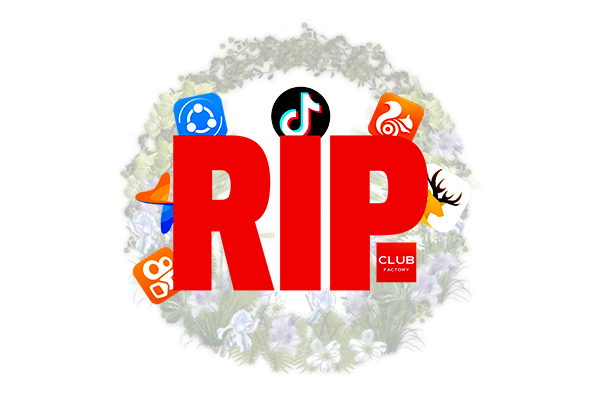India’s bans 59 Chinese apps, including the wildly popular TikTok and WeChat Application, have left millions of users surprised and disappointed.
The government in Delhi said the apps were prejudicial to sovereignty and integrity of India, defense of India, the security of a state, and public order.
TikTok denied sharing data. Beijing said it was strongly concerned about the ban. Ban is a political move say the experts.
TikTok star faces an uncertain future after app ban
Anti-China sentiment has been high in India since the start of the month of June at the disputed border between the two nuclear-armed neighbours. China gave no details on whether there were any Chinese casualties. The fighting occurred in the Himalayan region of Ladakh, where both countries have increased deployment close to the disputed border.
Calls to boycott Chinese goods soon emerged, and the government issued directives to cancel or limit Chinese contracts with public sector companies. But the ban on the apps took many by surprise. The app makers have said they are in talks with the Indian government, while Beijing has asked India to reconsider its decision.
ANI news agency quotes Chinese foreign ministry spokesperson, Zhao Lijian stated we want to stress that the Chinese government always asks Chinese businesses to abide by international and local laws-regulations. The Indian government has a responsibility to uphold the legal rights of international investors including Chinese ones.
What prompted the ban?
Many of the Chinese apps have been linked to controversies over data privacy, and have been accused of sharing sensitive information with the Chinese government. US senators have even called for an investigation into TikTok, which fiercely rejects such claims.
Some, however, believe that the timing of the ban – amid escalating tensions – is not coincidental, but rather a response to the events at the border.
This is a purely political move said Nikhil Pahwa, the editor of MediaNama, a media watchdog, told the BBC. I don’t think it will affect the apps – maybe the number of the users [will drop] but it will only have a minor impact on [their] revenue said Mr. Pahwa said.
So what is the impact of the ban?
The ban is already affecting millions of users across India, who are unable to use the blacklisted apps. As China has shown, governments can indeed block apps – not just remove them from the app stores, which has already happened in India, so you can’t install them or upgrade an existing install.
He adds that although there are ways to get around the ban, it will effectively kill popular apps.
If over 95% of 100 million users exit, that kills the ‘network effect’ and most of the content, and hence an app like TikTok is no longer attractive.
He agrees that there is a cause for concern around how the apps treat user data, but he says the response should be in the form of a privacy law, which India doesn’t have. It’s a soft strike at the Chinese, payback for the claimed border violations and recent violent conflict he added.
What do the app-makers say?
TikTok’s parent company, ByteDance, told the BBC, it is committed to working with the [Indian] government to demonstrate our dedication to user security and our commitment to the country overall.
Nikhil Gandhi, TikTok’s India head, said on Twitter that the company had been invited to meet the concerned government stakeholders for an opportunity to respond and submit clarifications.
Other app makers are yet to respond to the ban. Experts say that most of these firms will try to lobby policymakers but they are not likely to be allowed as long as tensions continue at the border and anti-China sentiments remain high in the country.

